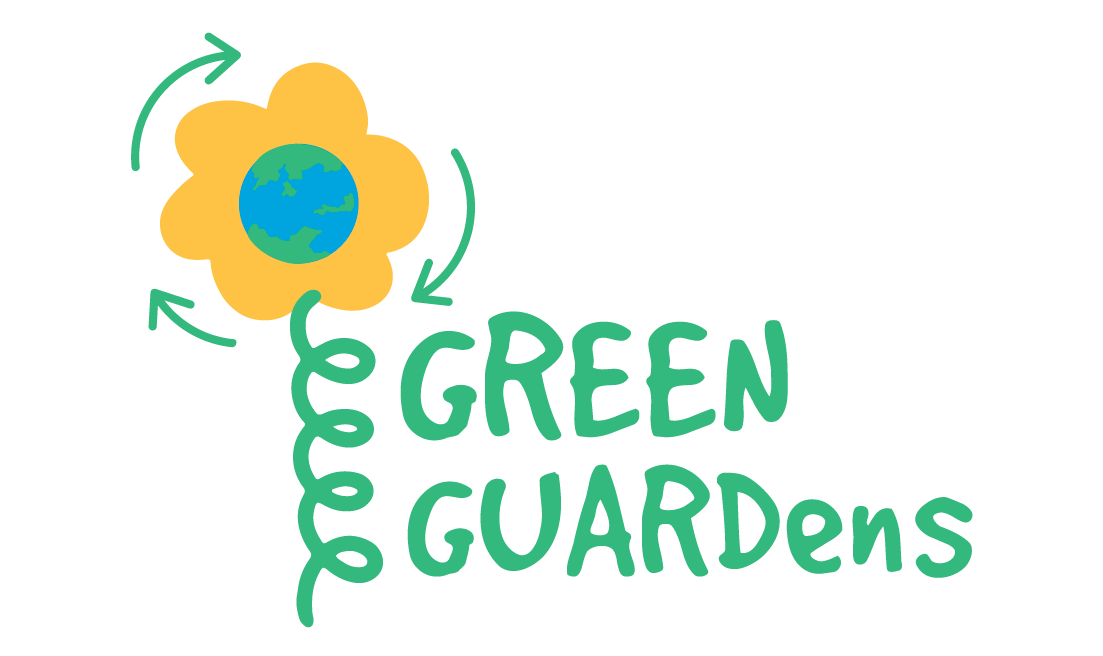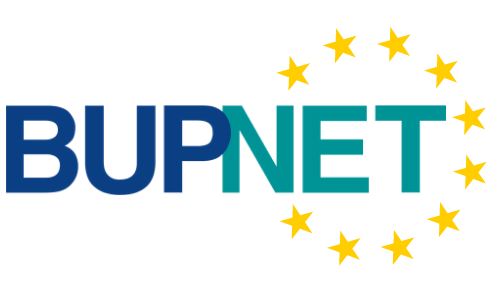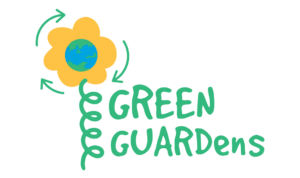
Although the Republic of Serbia is a signatory to the Declaration on Sustainable Development, environmental issues, unfortunately, are not its top priority. While civil society undertakes many initiatives aimed at making Serbian education greener, they rarely meet with government support. Also, an extremely small number of households in Serbia sort waste (and even if they do, that waste unfortunately end up at the same place due to improper functioning of the waste recycling system at the state level). Environmental awareness is increasing, but there is a lot of steps to be taken.
There are several programmes for professional development of teachers related to environmental sustainability, but they are not free of charge.
The legal framework in Serbia is inclusive on paper, but practice shows otherwise. According to the report about the Deaf community in Serbia, very small number of pre-school and schoolteachers actually know sign language which implies that DHH children and teachers don’t understand each other. This seriously disrupts teacher-child connection and reduces possibilities for development and progress of DHH children. This practice leads to, we can truly say, depriving of knowledge.
Even more problematic is the fact that the focus is on the verbal exercises (trying to learn DHH children to speak) instead of educating them. That means that learning of sign language isn’t part of curriculum and it’s not being developed. Unfortunately, that lead to situation in which children who are better lipreaders are seen as more successful or „smarter“ than children who just can’t express themselves verbally. Also, educational programmes in these special schools are simplified and basic, which leads to problems when it comes to studying at colleges.

